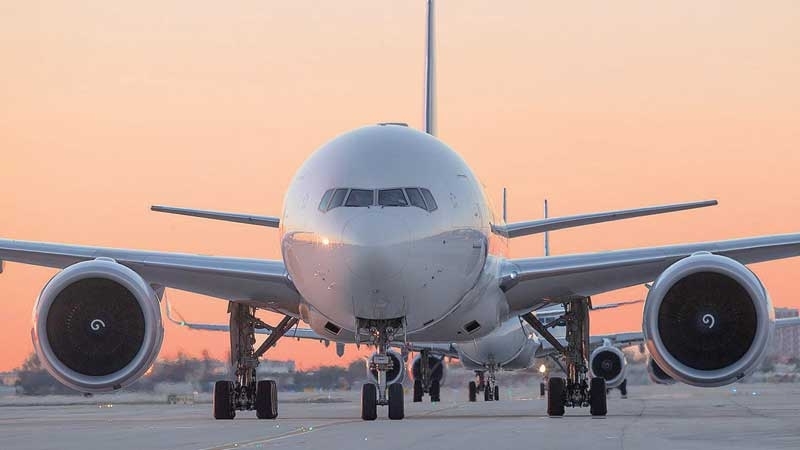

Middle Eastern carriers will benefit from relatively rapid vaccination rates on home markets. However, they are likely to be hampered by continued travel restrictions on many of the routes to emerging economies that are served through Gulf hub connections, the International Air Transport Association (IATA), a grouping of 290 airlines globally, said on Thursday.
Net losses in 2021 are forecast at -13.8 per cent of revenues (reduced from -28.9 per cent of revenues in 2020). It will be the third smallest regional loss, the world body said.
IATA expects net airline industry losses of $47.7 billion in 2021 (net profit margin of -10.4 per cent). This is an improvement on the estimated net industry loss of $126.4 billion in 2020 (net profit margin of -33.9 per cent).
“This crisis is longer and deeper than anyone could have expected. Losses will be reduced from 2020, but the pain of the crisis increases. There is optimism in domestic markets where aviation’s hallmark resilience is demonstrated by rebounds in markets without internal travel restrictions. Government imposed travel restrictions, however, continue to dampen the strong underlying demand for international travel. Despite an estimated 2.4 billion people travelling by air in 2021, airlines will burn through a further $81 billion of cash,” said Willie Walsh, IATA’s Director-General.
The outlook points to the start of industry recovery in the latter part of 2021. In the face of the ongoing crisis, IATA calls for a restart in preparation for a recovery. The Association has continued to urge governments to have plans in place so that no time is lost in restarting the sector when the epidemiological situation allows for a re-opening of borders.
“Most governments have not yet provided clear indications of the benchmarks that they will use to safely give people back their travel freedom, In the meantime, a significant portion of the $3.5 trillion in GDP and 88 million jobs supported by aviation are at risk. Effectively restarting aviation will energise the travel and tourism sectors and the wider economy. With the virus becoming endemic, learning to safely live, work and travel with it is critical. That means governments must turn their focus to risk management to protect livelihoods as well as lives,” said Walsh.
Industry losses of this scale imply a cash burn of $81 billion in 2021 on top of $149 billion in 2020. Government financial relief measures and capital markets have been filling this hole in airline balance sheets, preventing widespread bankruptcies. The industry will recover but more government relief measures, particularly in the form of employment support programmes, will be needed this year.
“Owing to government relief measures, cost-cutting, and success in accessing capital markets, some airlines appear able to ride out the storm. Others are less well-cushioned and may need to raise more cash from banks or capital markets. This will add to the industry’s debt burden, which has ballooned by $220 billion to $651 billion. There is a definite role for governments in providing relief measures that ensure critical employees and skills are retained to successfully restart and rebuild the industry,” said Walsh.
According to IATA, the whole industry will come out of the crisis financially weakened. Cost containment and reductions, wherever possible, will be key to restoring financial health.
“Containing and reducing costs will be top of mind for airlines. Governments and partners must have the same mentality. And that must be reflected in items big and small. There can be no tolerance for monopoly infrastructure suppliers gouging their customers to recoup losses through higher charges.
Equally, we demand an end to the extortionate costs for Covid-19 testing with governments taking their cut on top of that with taxes. Everyone must be aligned in understanding that increased travel costs will mean a slower economic recovery. Cost reduction efforts on all sides are needed,” said Walsh.
Oman Observer is now on the WhatsApp channel. Click here


